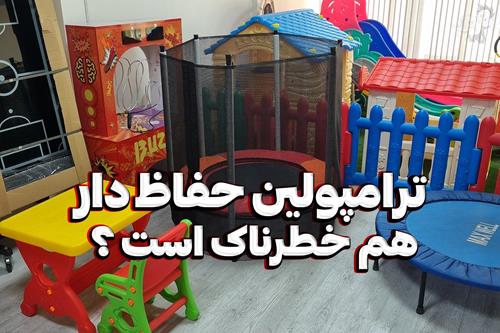
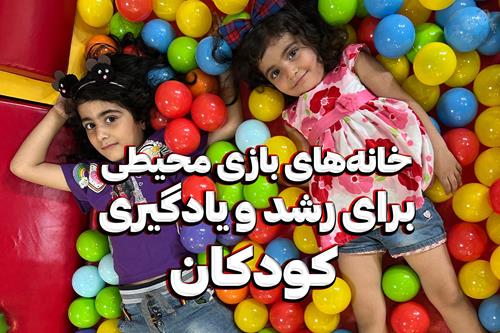
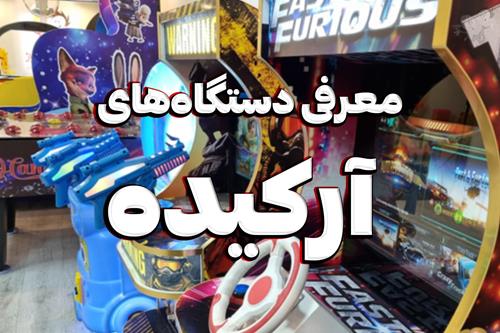
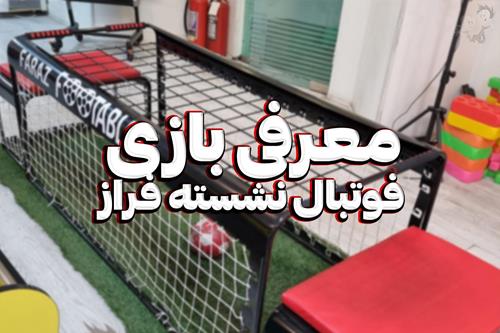
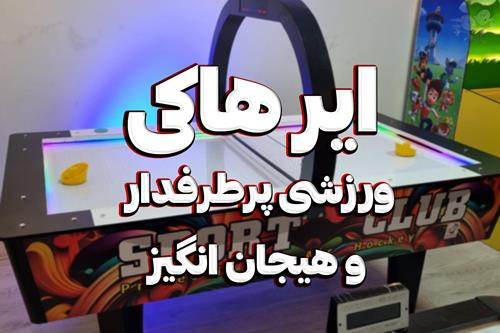
Air hockey on the table is an exciting and fun sport

Introducing the game Hand Speed or Handix

The prominent role of video game consoles in the evolution of amusement parks
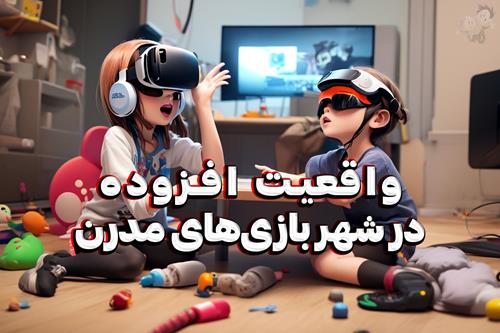
Augmented reality in the city of modern games
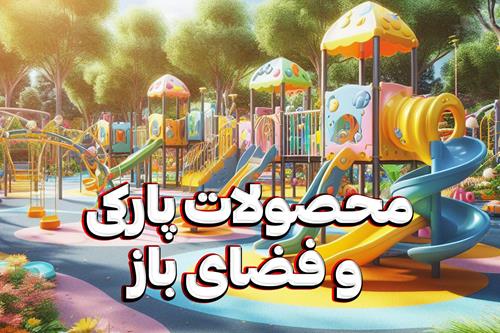
Park and outdoor products - beauty, safety and entertainment in the field of playground equipment
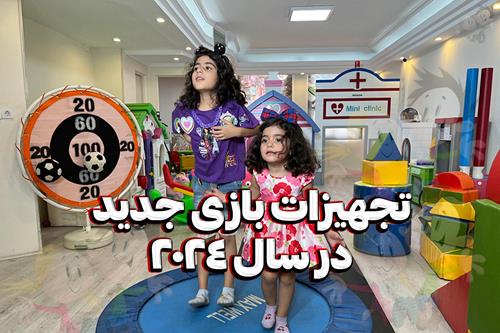
New playground equipment, a look at the latest technologies in 2024
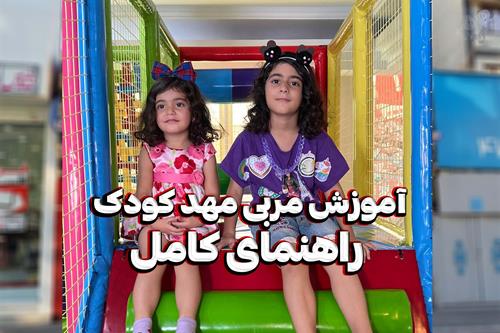
Kindergarten teacher training complete guide
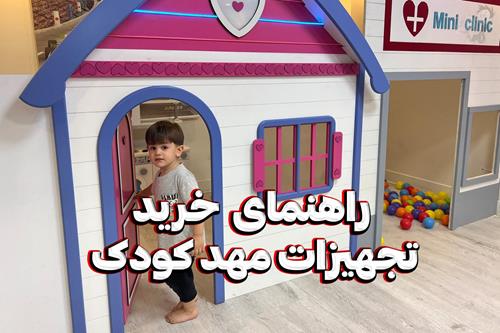
Kindergarten equipment is a complete guide to providing a safe and educational environment for children
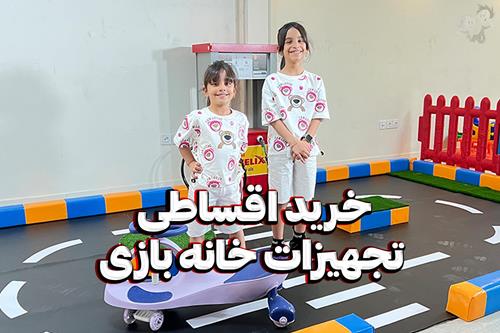
Installment purchase of playhouse and kindergarten equipment, advantages and disadvantages
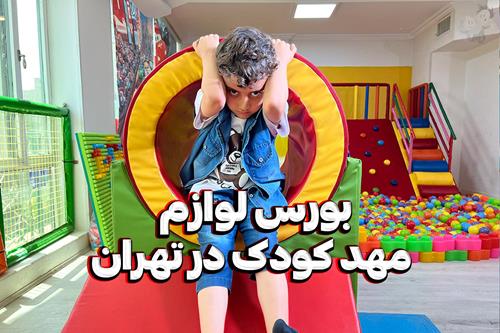
Kindergarten supplies exchange in Tehran
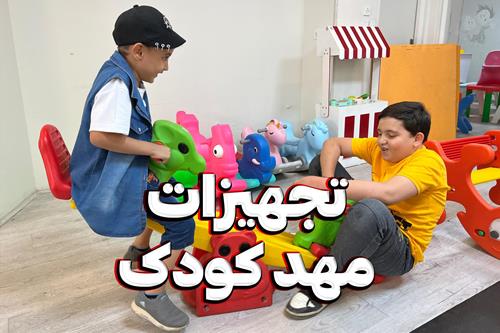
Kindergarten equipment and supplies
Online games are a great window into how our children deal with conflict
no equivalent
One mom says she felt guilty about letting her kids play video games online. But then he realized how much he was learning about them in the process.
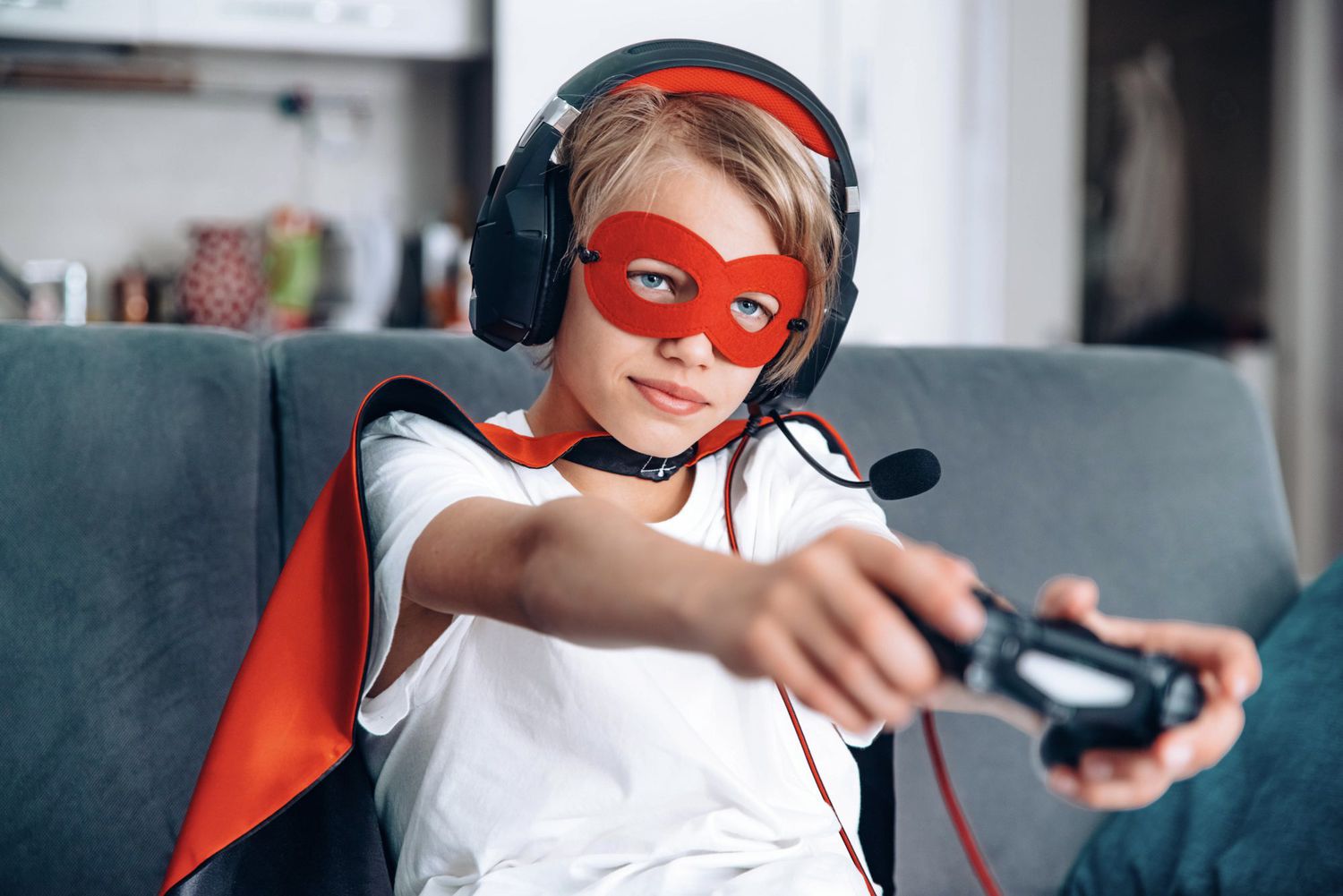
Like many parents, I have a love-hate relationship with Fortnite, the multiplayer video game that my kids and their friends are obsessed with. But now that we're in the third year of an intolerable pandemic that's made in-person playdates practically obsolete, I can't deny the upside of letting my kids. It gives me a window into how they interact with their friends.
As winter — and the Omicron wave — raged on, most afternoons and weekends found my 10-year-old son and 7-year-old daughter in front of their respective gaming devices trying to "save the world" with their friends ( Some of them live near our street). I was often in earshot. Once I've confirmed they're playing someone we know in real life, I'll move on.
But I caught snippets of their conversations that are both entertaining and eye-opening. My daughter and her friend like to build their own cities in the creative mode of Fortnite, where they drink coffee together, go to the mall and work at the local burger joint - perhaps a foreshadowing of their teenage years. My son often plays on teams that include friends from all walks of his life—baseball teammates, classmates, and besties who go to different schools—and I enjoy hearing how they strategize together as they navigate the field each new season.
There have been situations that have given me pause, like when I heard my son identify a classmate as having "anger issues" or when a boy in a group my kids played with called one of the girls "girl." There's also the occasional use of the words "toxic," which my son and his friends apply to anyone who says anything even remotely unpleasant, and "angry" is used to describe a child who gets angry when playing. It doesn't work, he gets upset. Direction. Since I'm basically eavesdropping on these exchanges, I don't know when—or even if—I should intervene. My daughter often asks me for help when she gets upset about conflicts that arise (especially when the moms of the kids she plays with are my friends). Do the rules of face-to-face games apply to online games?
Let children learn how to solve problems on their own
In most cases, yes, according to Randy Pochter, PhD, a clinical psychologist at the Center for Child Studies and clinical assistant professor in the division of child and adolescent psychiatry at NYU Langone Health in New York City. "Like an in-person game, we usually don't want to interfere unless there's a safety concern," he says. We want kids to navigate and solve problems on their own. But parents can help their children understand what the problem is and how to solve it."
For younger children, this may involve role playing or giving them the language they need to communicate with their friends. "Younger children are still trying to resolve conflict, and sometimes it's not easy to put their feelings into words," says Dr. Christina Mertz, associate professor in the College of Education at Eastern Michigan University. This is especially true given all the lost social opportunities the pandemic has created, he adds. She suggests asking your kids how they feel when their friend does certain things and encouraging them to use phrases like, "When you do X, it makes me feel bad" or "I enjoy it more when we share with you." �.
When – and how – to intervene
If, despite your child's best efforts, the problem persists and you have a relationship with the other parent, it's okay to talk to them, too, Dr. Pochter says. Kids can also find someone else to play with, a strategy I often encourage.
For older kids, who may not appreciate parental eavesdropping, Dr. Puchtar says taking a curious approach is key. For example, I worried that my son's assessment of his friend's anger while playing Fortnite might affect their relationship in real life. (I also wondered how he knew what the term "anger issues" meant.) "You want to approach it with curiosity, not judgment or assumption," says Dr. Pochter. Explain that people can get too into a game and it doesn't mean anything about them [as individuals]."
It's also important to validate your child's feelings. "When their friends cross the line, they're allowed to not like it," she says. But you can help them understand it in the context of the game and not take it too personally.
Screen time offers some social emotional learning benefits
While we all know the dangers of too much screen time, these games have been a lifesaver for parents and kids alike during the pandemic. Aside from social communication, many multiplayer games mimic the social strategies that kids might use if they were playing face-to-face. "There are similarities to what we would see if kids were organizing a playground game," says Dr. Pochter. Group dynamics, how to include everyone or handle when kids want to play different things.
Dr. Mertz says these games also help children develop a "peer culture," where they have their own language (to use a toxic word), values, and routines. "They can create something for themselves that is important," he says.
Talk through it
As a parent, I try to find teachable moments where I can. When the b-word incident happened, it was an opportunity to explain to my son why the word is disrespectful. It's also satisfying to watch our children behave when they think we're not watching. "My son was very shy before the pandemic," one of my mother's friends told me. "Now he's got his headphones and little microphone on and he's yelling commands. And his friends are following his orders!"
As the weather warms up and the world opens up again, I'm hoping that the balance between in-person and online game dates will once again shift back. But I don't regret the countless hours my kids have spent in this virtual world — or the position I've been given. But ditching the screens for outdoor gaming would be a welcome change. And if they use the skills they used when they were in front of them, even better.
Author and translator: Ali Asghar Alizadeh
Source of todaysparent website
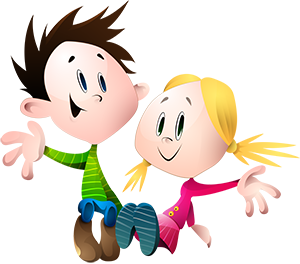



 Category
Category
